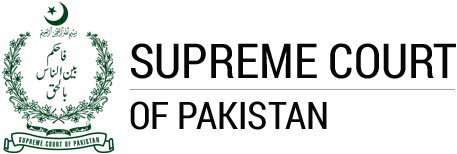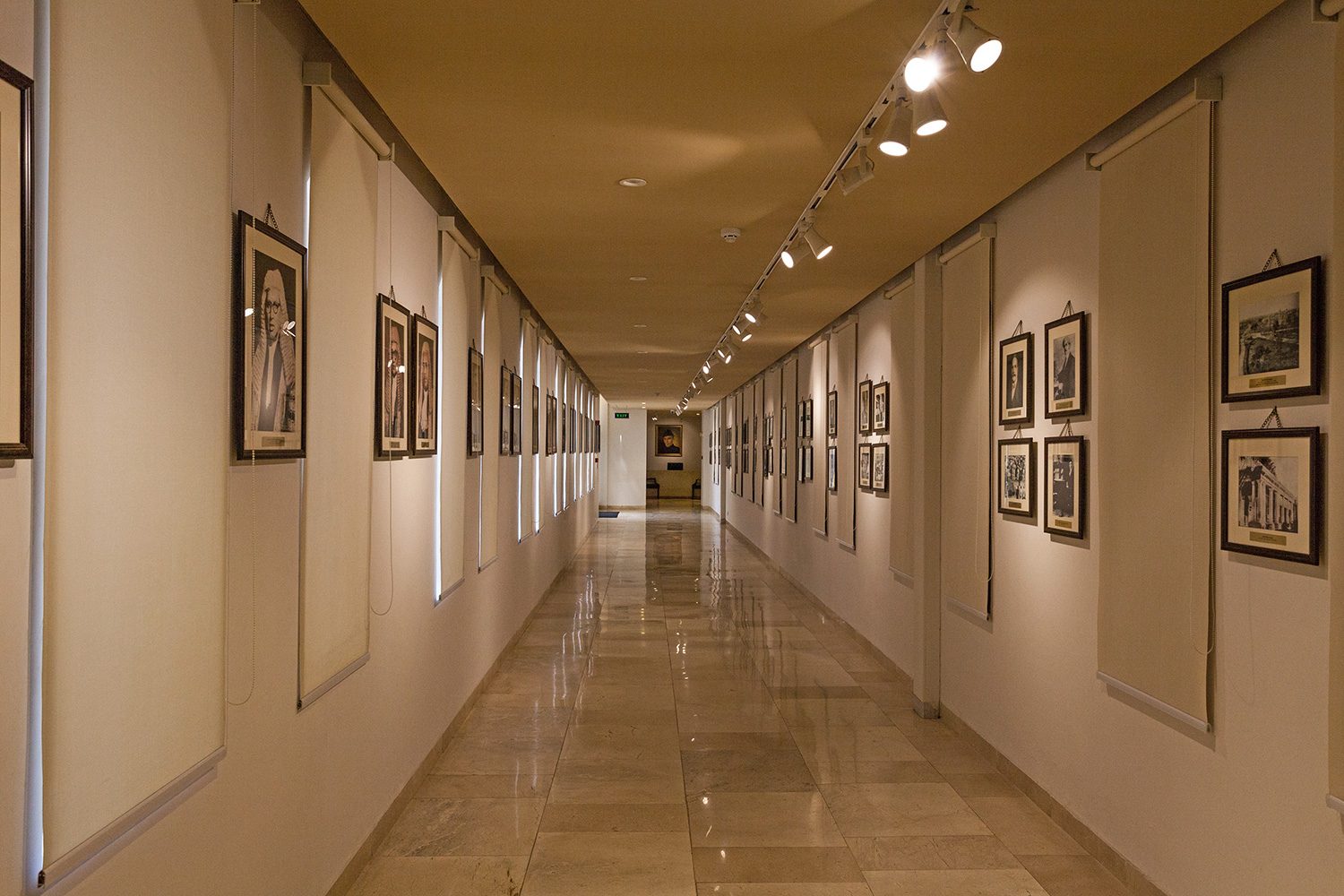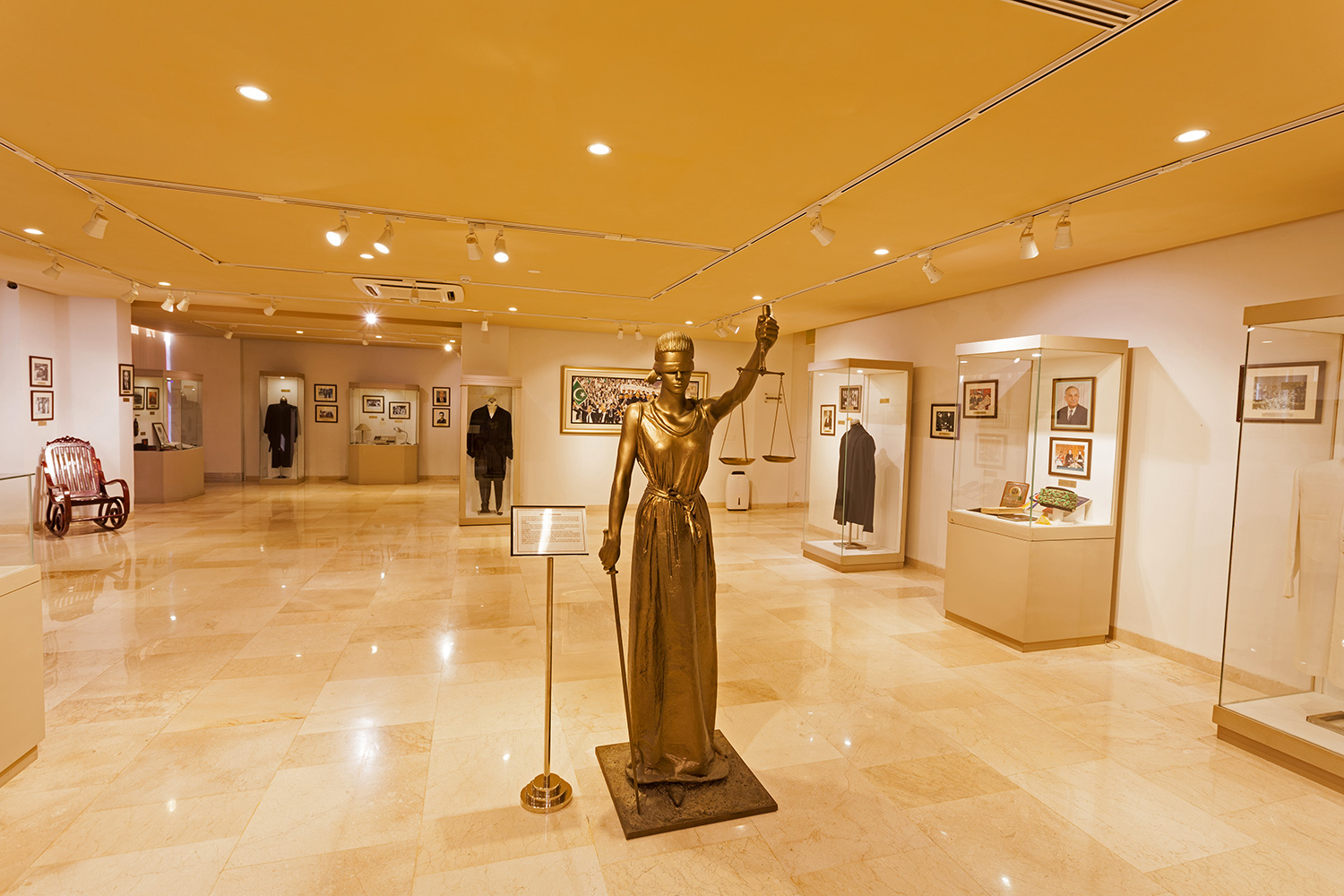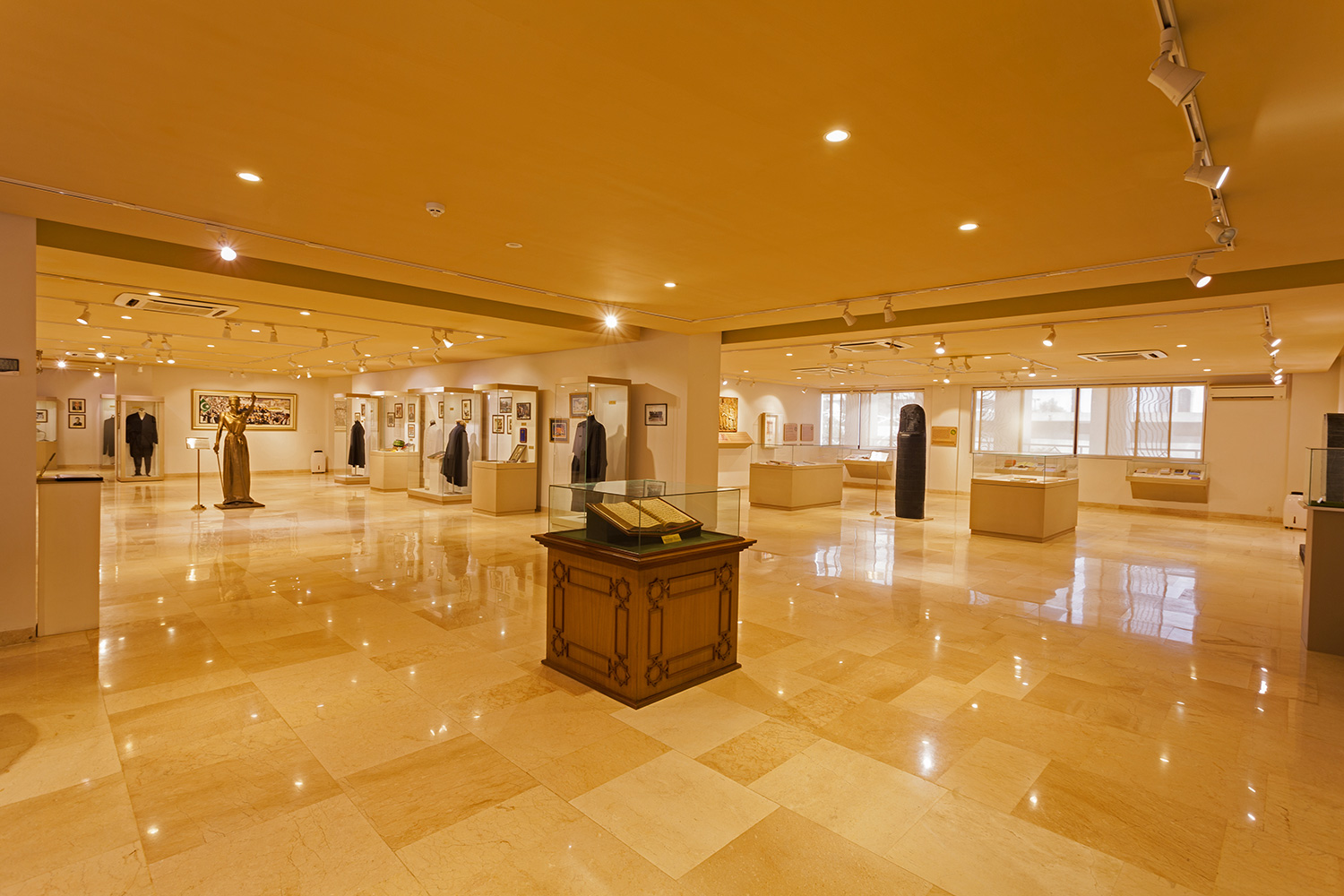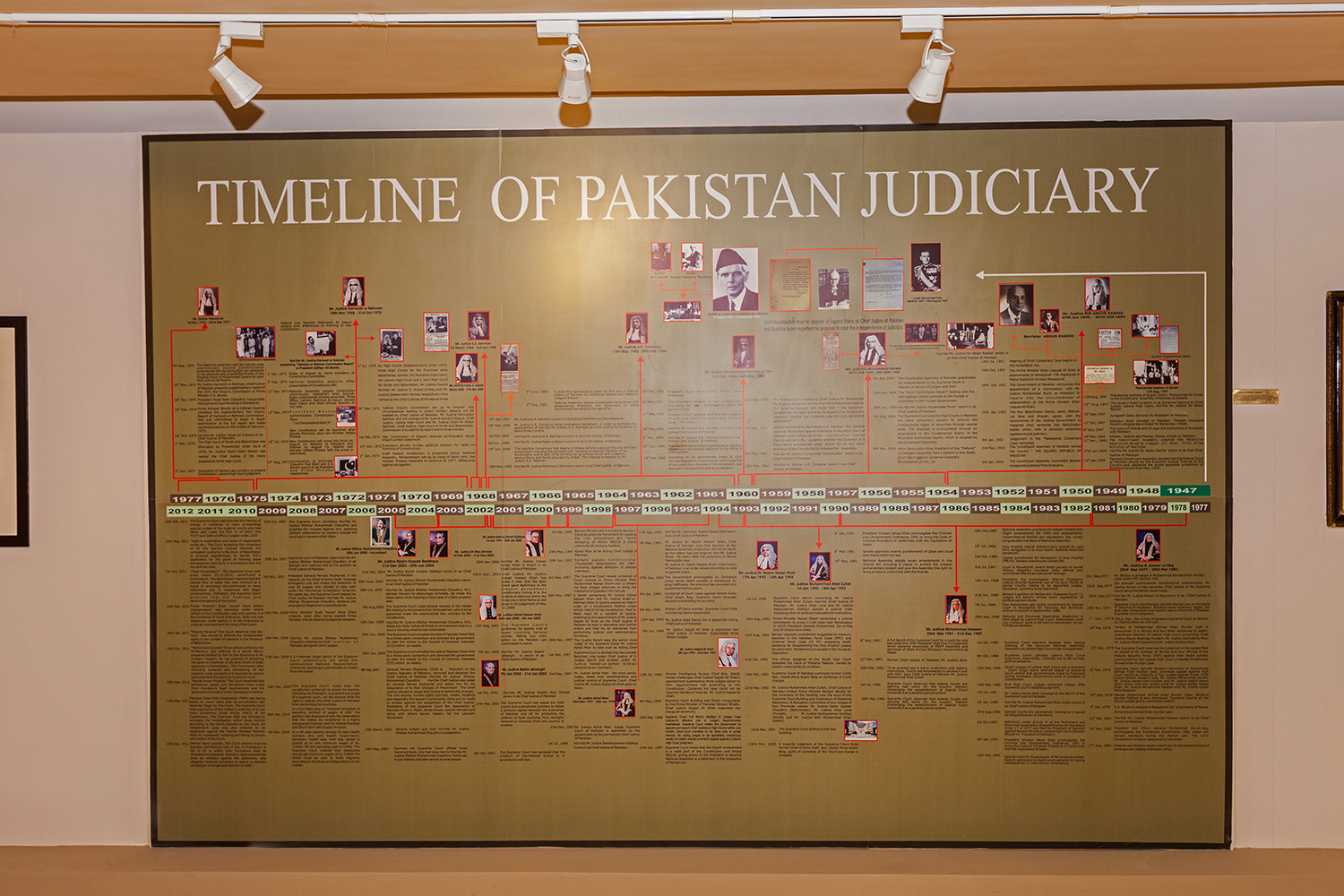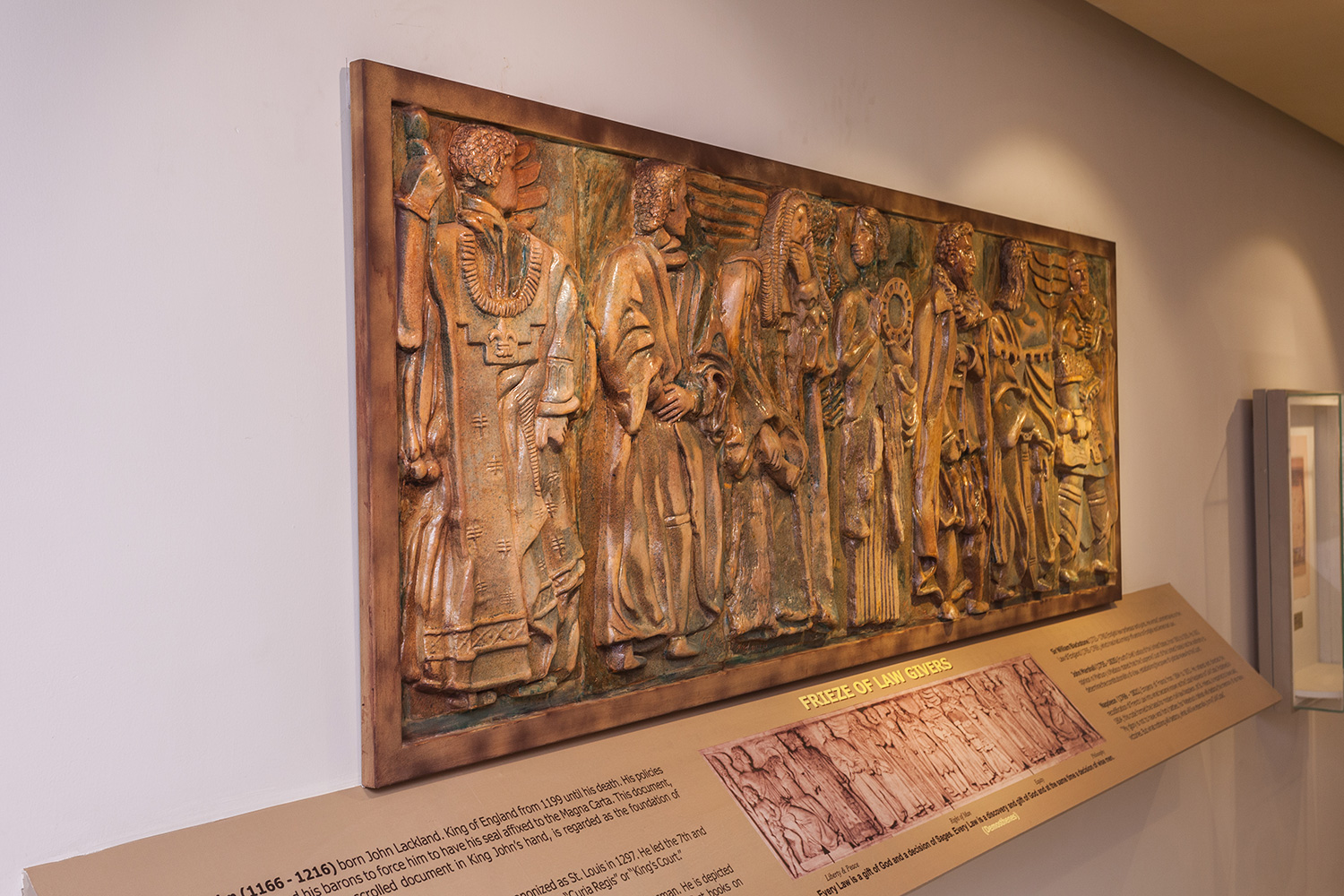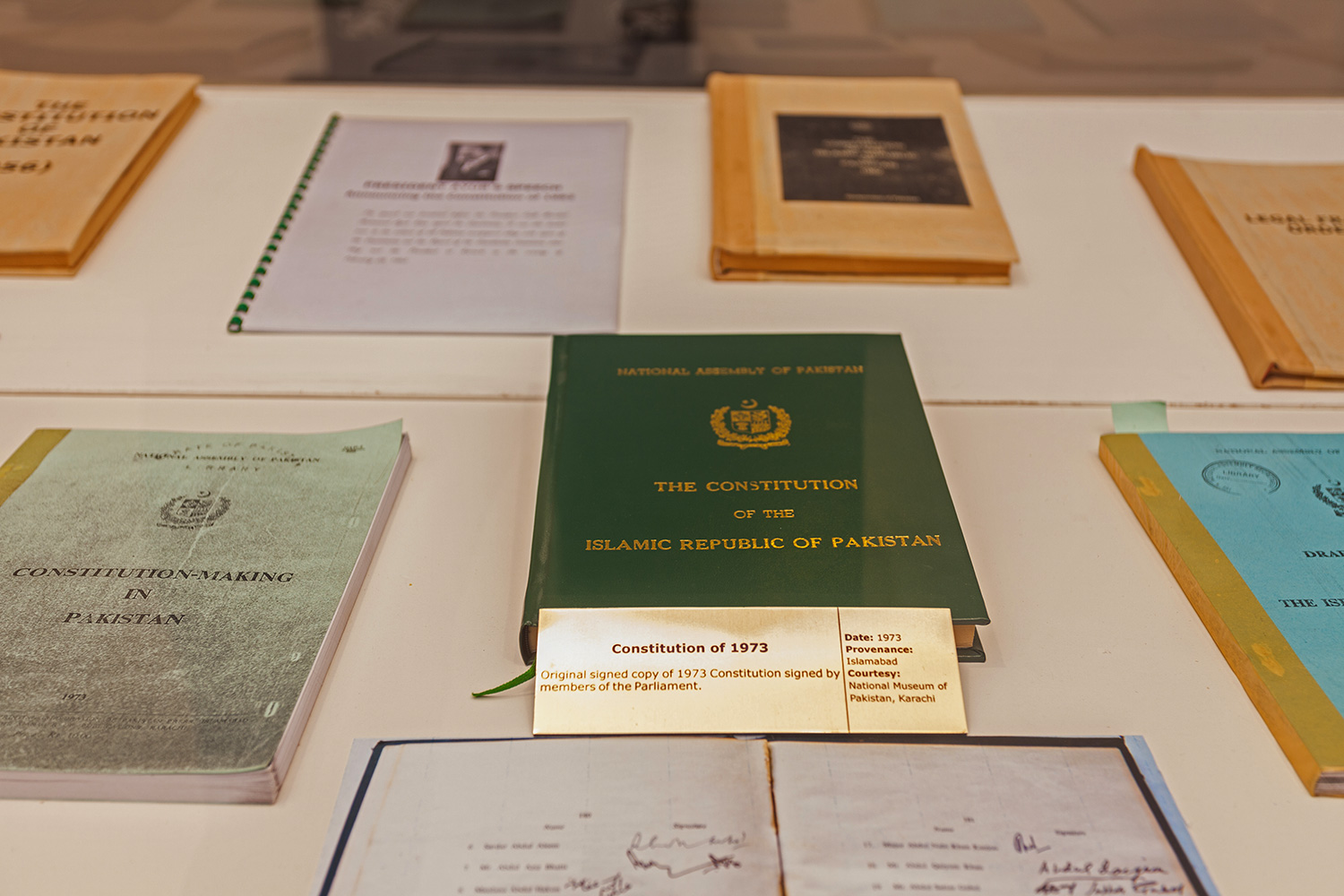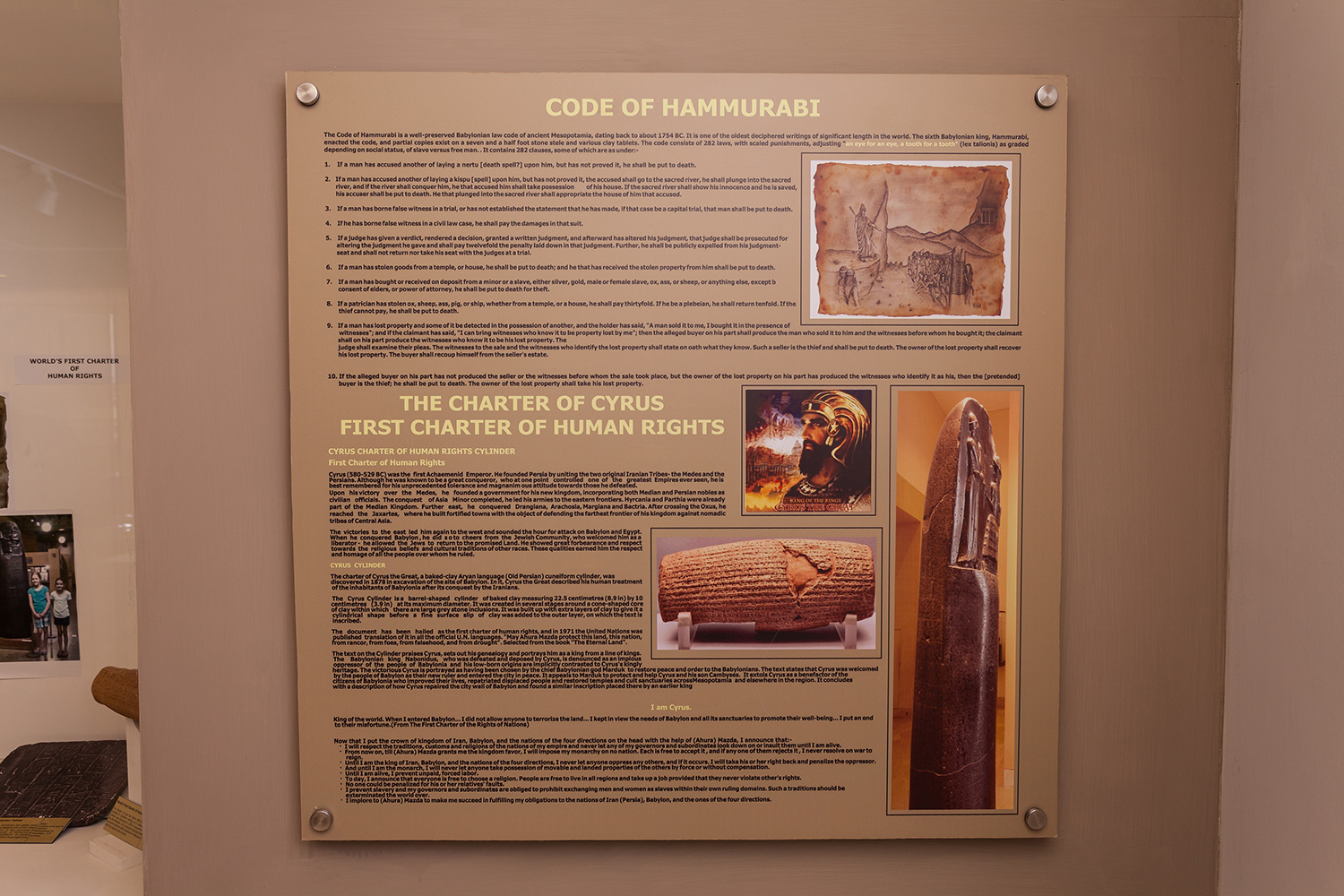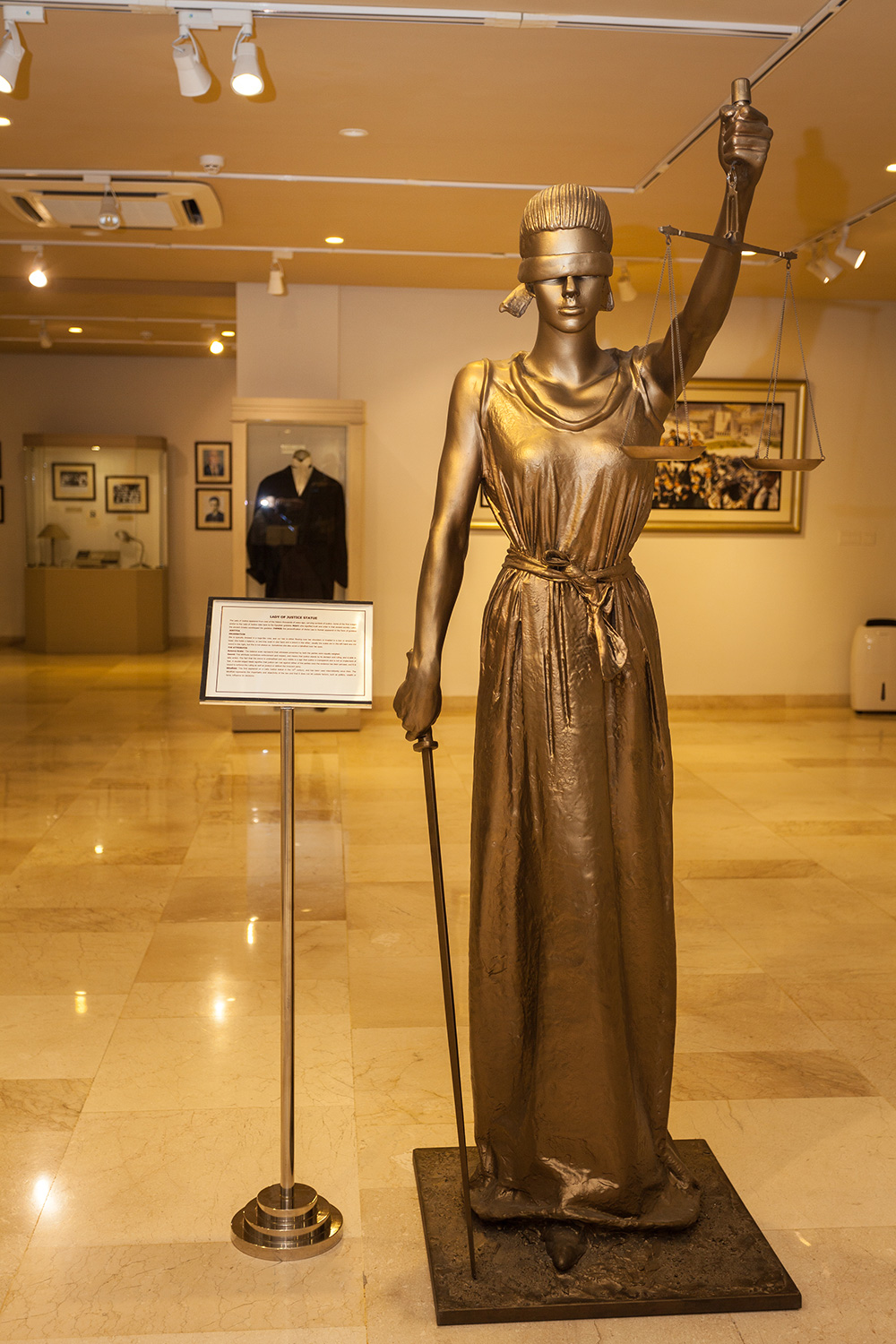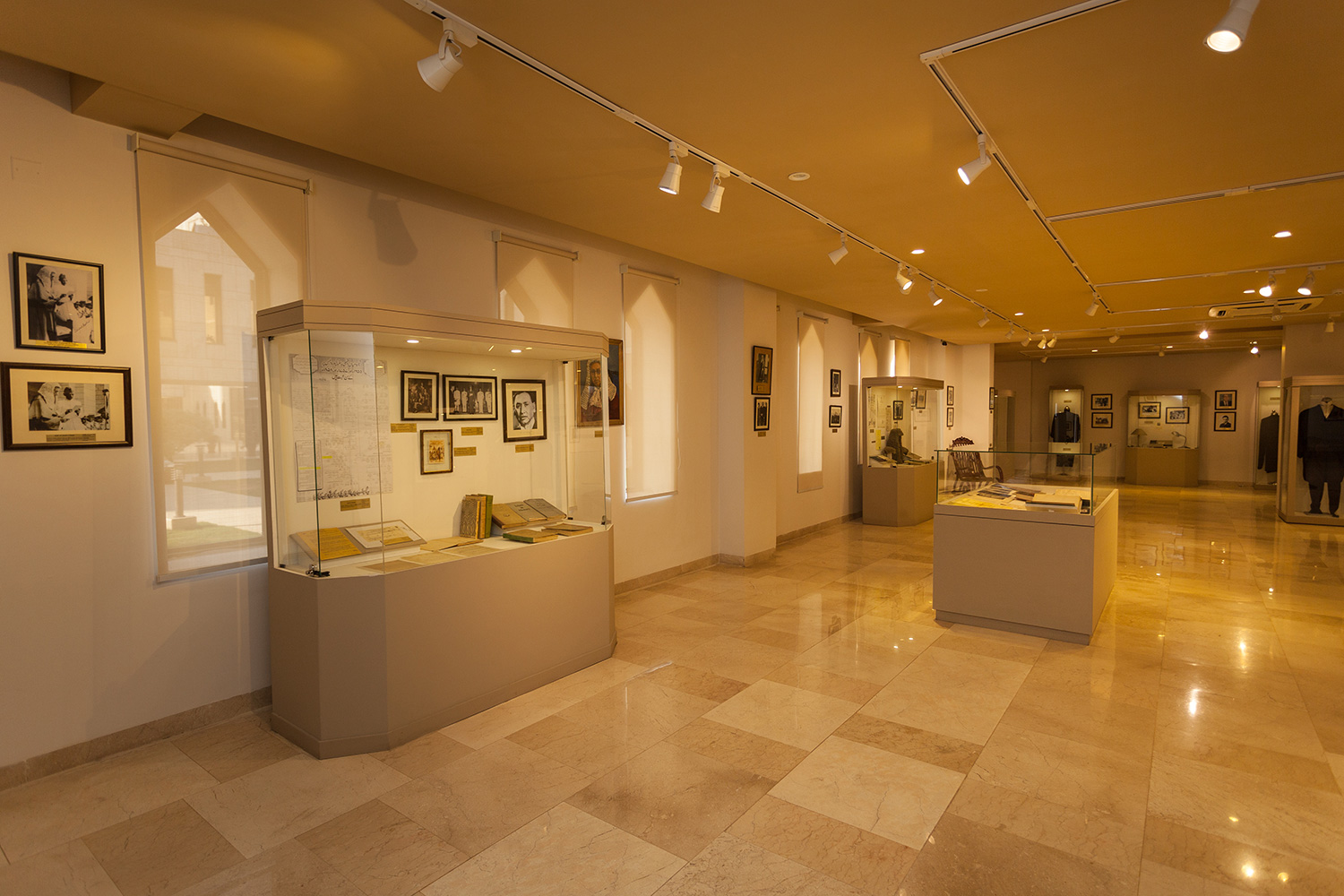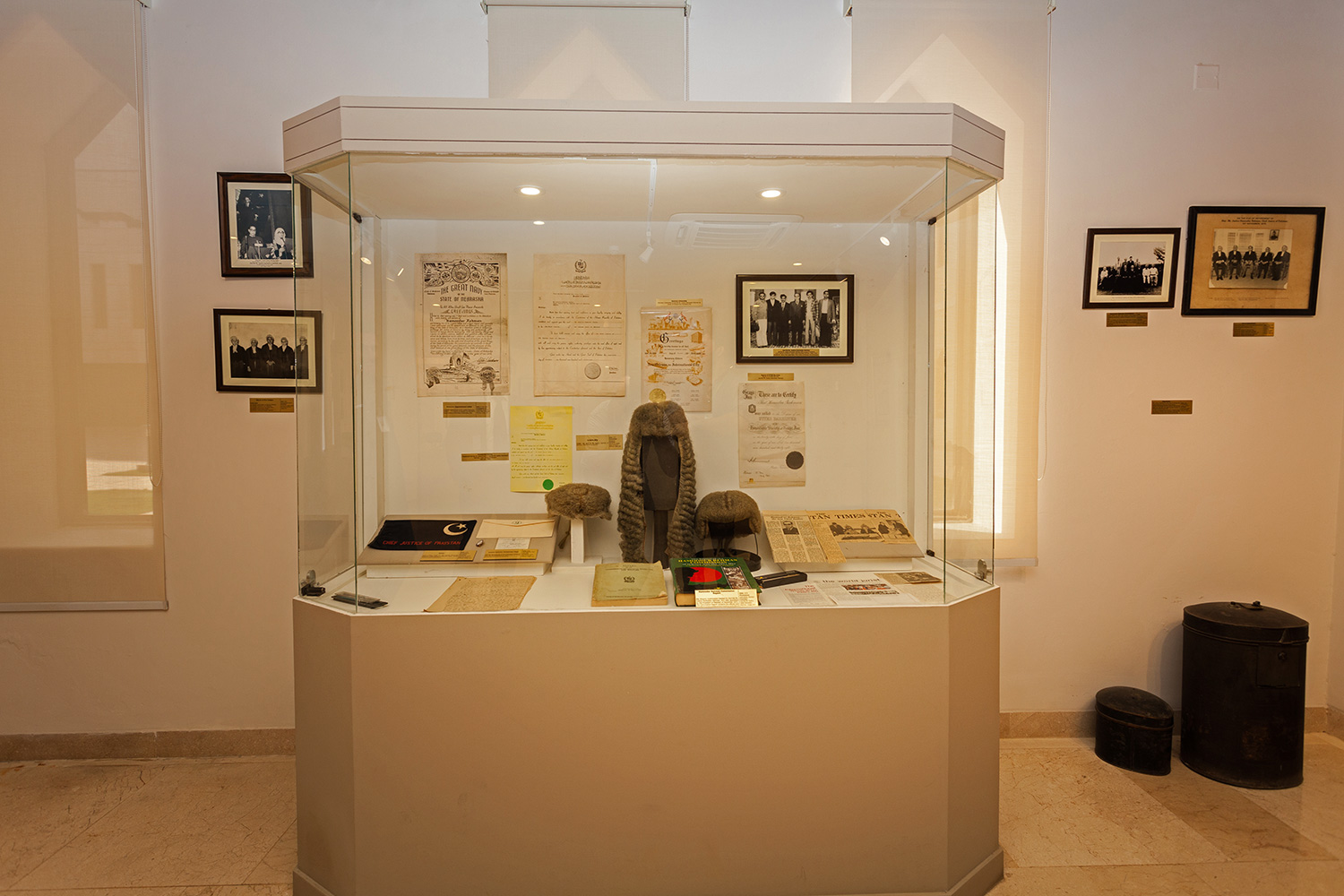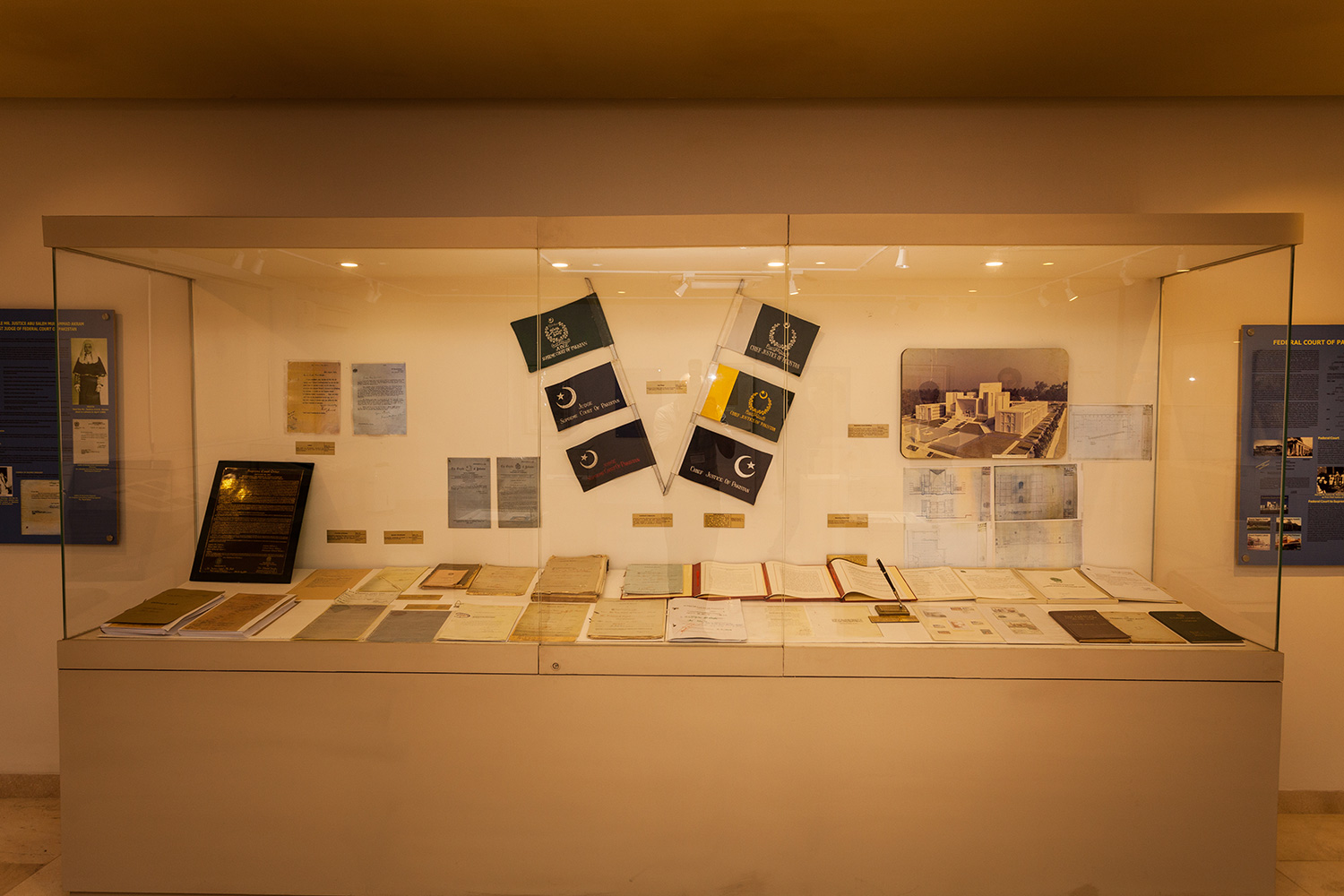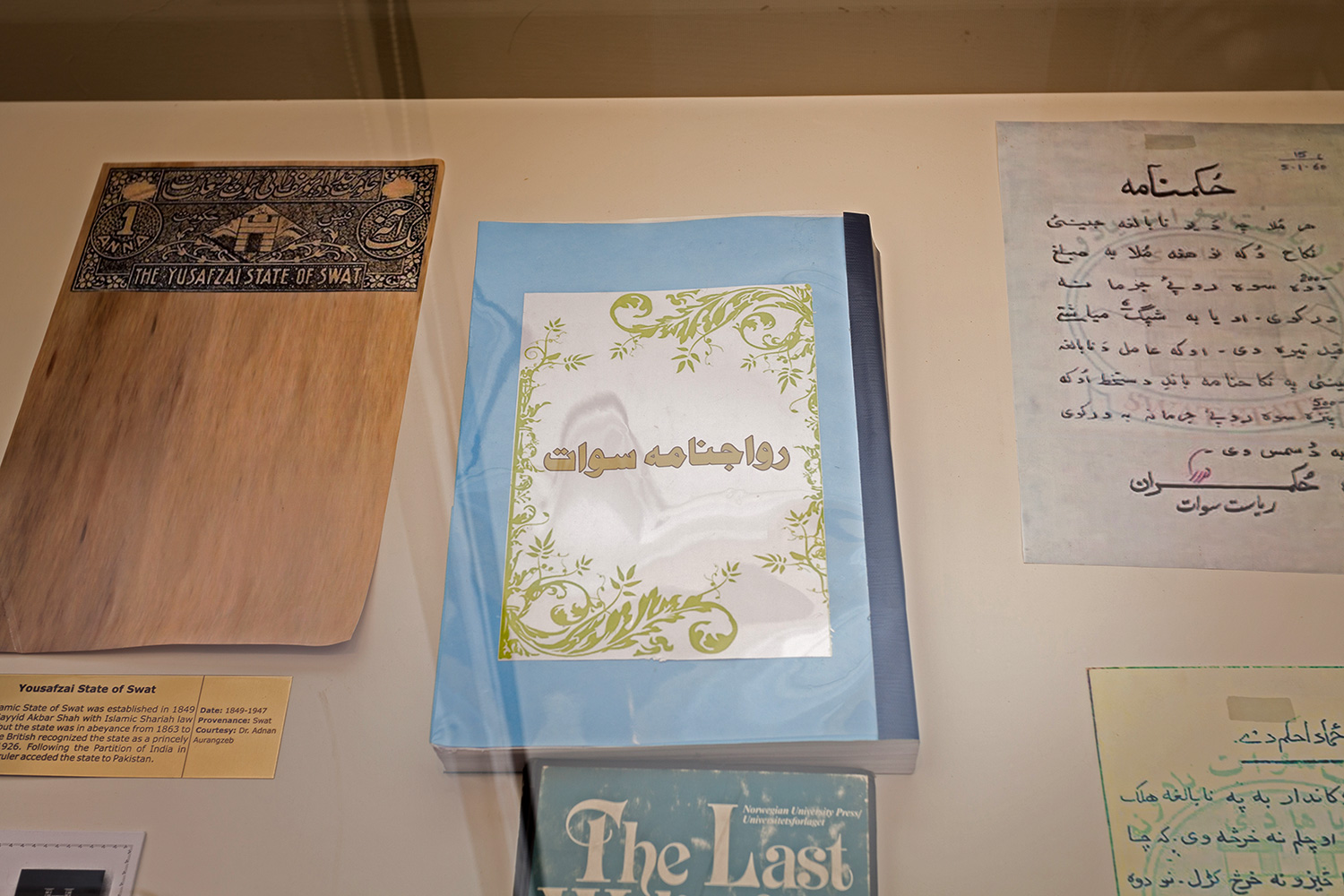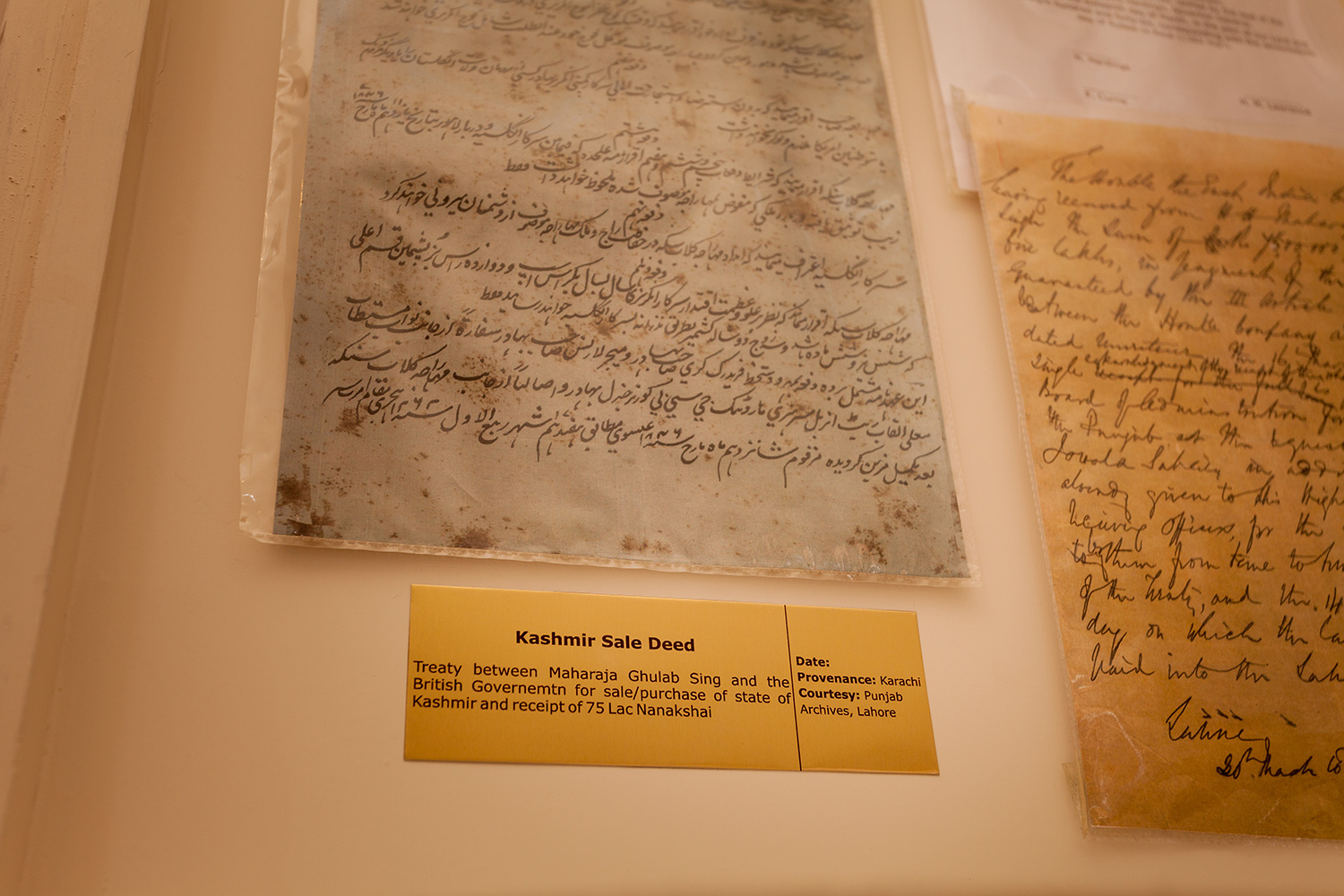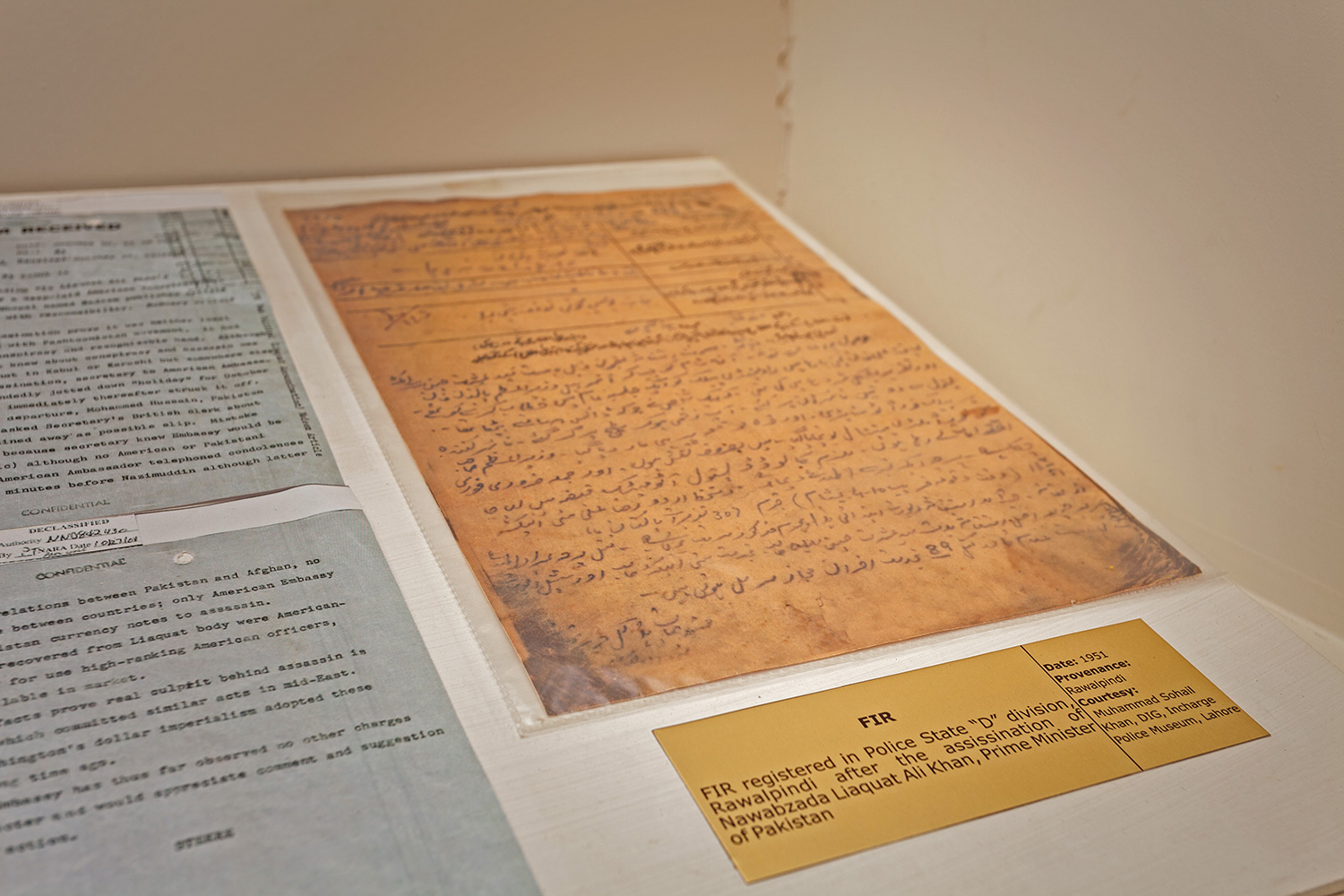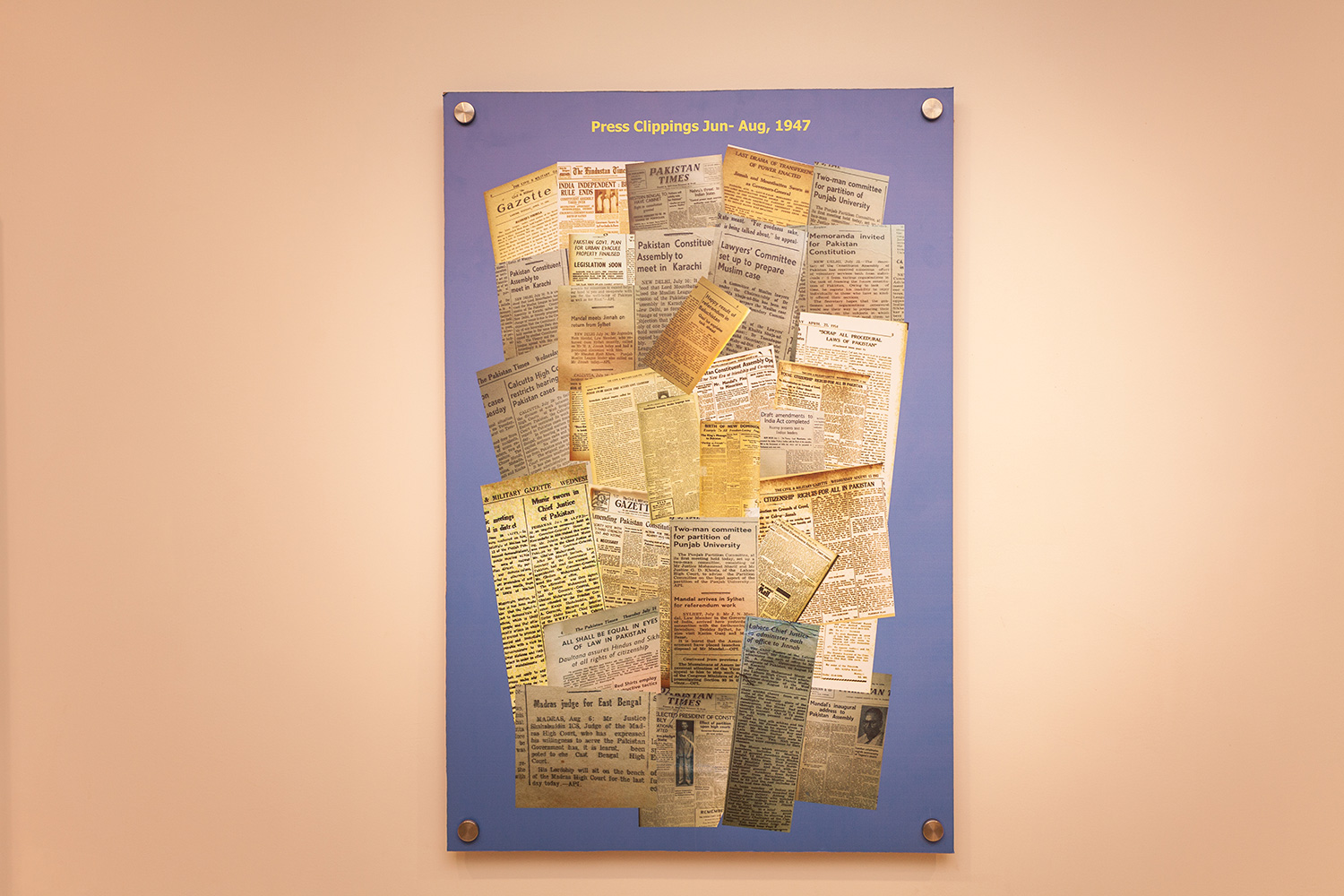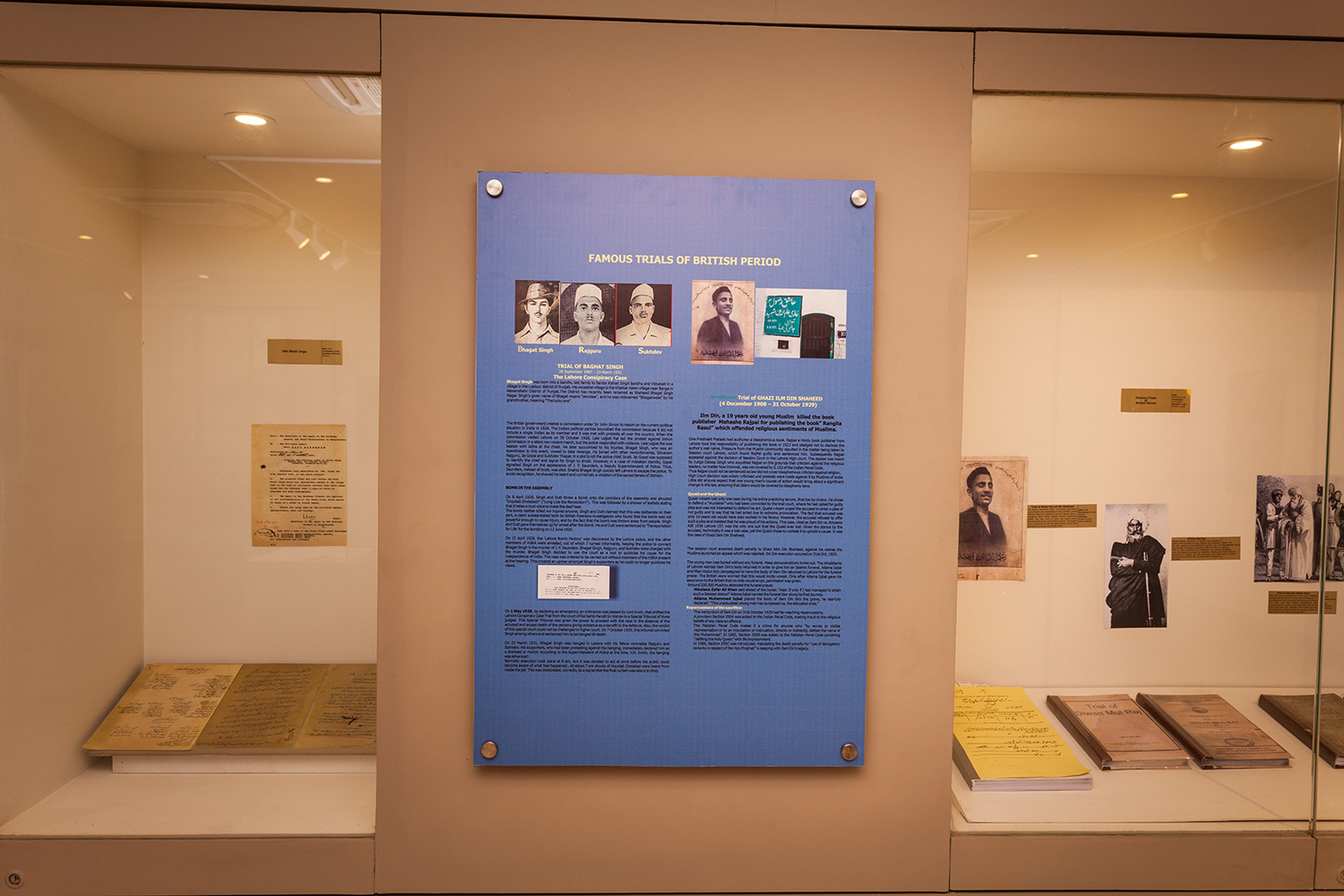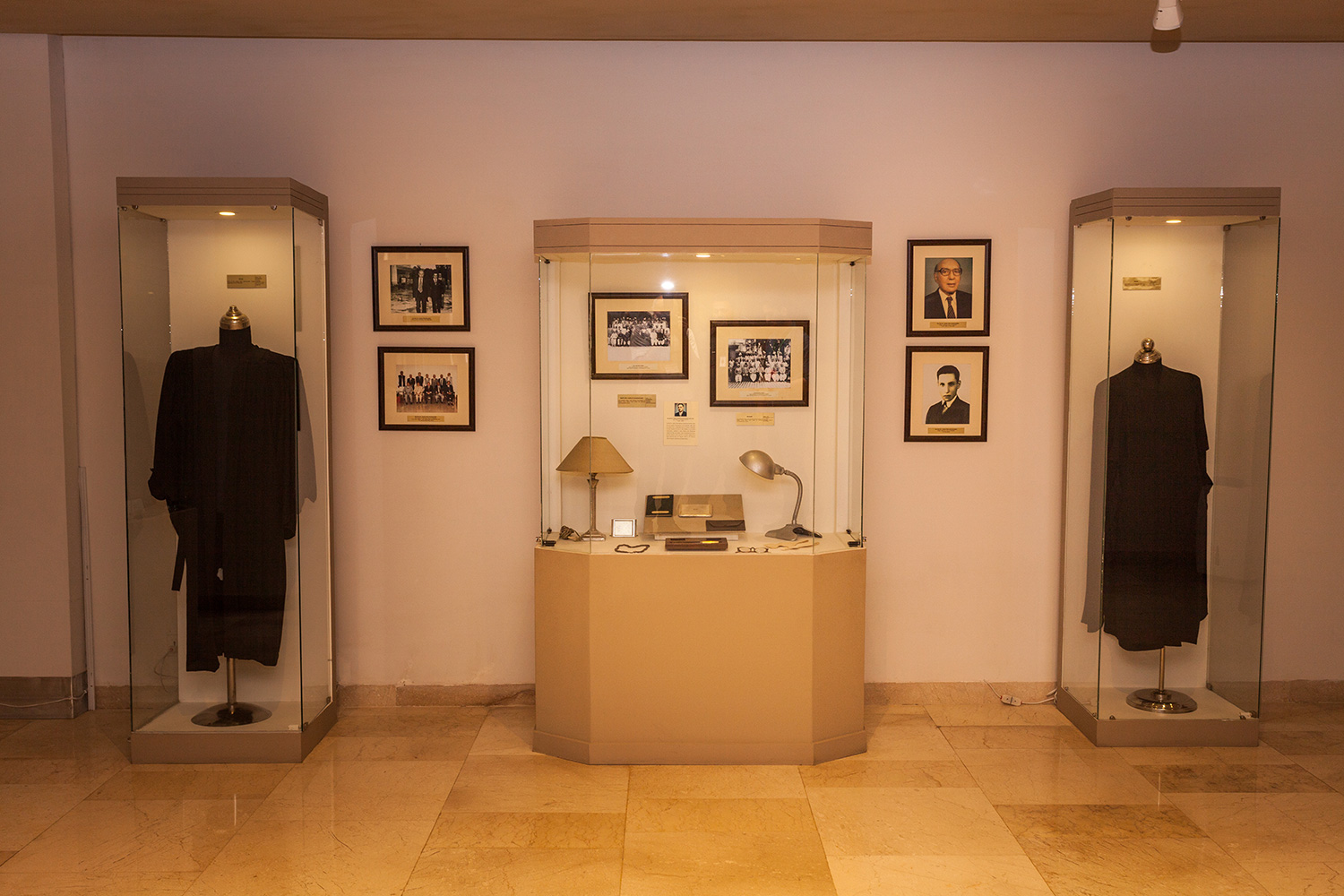Museums provides a unique interactive experience of getting up close to things we usually only see in books, newspapers or on the television. The Supreme Court Museum serves as an invaluable repository for preserving the Judicial history of post and pre-Independence era for future generation. The Museum collections include fine arts, oral histories, photographs, personal belongings of Hon’ble Judges & Chief Justices and an archival collection of rare documents. These collections are displayed in the permanent exhibit gallery of the Museum, as well as in temporary exhibits; surely in future these archival materials will be an asset to the researchers. The idea of Supreme Court Museum was dreamt in year 2010 by Hon’ble Mr. Justice Tassaduq Hussain Jillani, former Chief Justice of Pakistan.
The project geared up in 2012 after the recruitment of a professional curator. To enrich our collections all relevant avenues have been targeted and our collection is increasing day by day and Museum progressing with its objective; exploring the past, engaging the present and educating the future.
What to see
Timeline of Pakistan Judiciary
Gallery-I Evolution of Law
- Islamic Laws & Decisions (Hazrat Muhammad SAW, and caliphs)
- Divine Orders revealed upon Hazrat Adam (AS), Hazrat Ibrahim (AS), Hazrat Musa (AS), Hazrat Daud (AS), Hazrat Isa (AS), and the last Prophet Hazrat Muhammad (SAW)
- Religious Codes of Buddhists, Zoroastrians, Sikhs & Hindus
- Code of Hammurabi (First Codified Laws of the world)
- Cyrus Cylinder (First Charter of Human Rights)
- King Priest (King, Priest & Jurist of Indus Valley Civilization)
- British Period Laws
- The constitutions of Pakistan, including the copy of 1973 constitution signed by the member of parliament
Gallery-II Chief Justices & Judges Gallery
- Personal belongings of former Hon’ble Chief Justices & Judges of the Supreme Court of Pakistan
- Rare Photographs & Reports of various Inquiry Commissions
Gallery-III Archives Gallery
- Famous Trials of British period
- Kashmir Sale Deed
- Quaid-e-Azam’s enrollment with Federal Court of India
- FIR- Assassination of Prime Minister Nawabzada Liaquat Ali Khan
- Accession Instruments of Princely States
- Appointment of Quaid-e-Azam & Khawaja Nazim ud Din
- Summary for Appointment of First Chief Justice of Pakistan
- Land mark Judgments of Supreme Court of Pakistan
Conservation Lab
Maintenance of the museum collections requires specialized knowledge in the field of conservation where materials science, agents of deterioration, climate and environment, and storage are key elements.
Areas of competency with the laboratory includes among other things:
- Conservation and preservation of organic and inorganic material objects.
- Preventive conservation of fabric/costumes
- Documentation through the use of digital photography and scanning
- Material investigation using fluorescence spectrometry
- Design and fitting of museum storage facilities
- Climate control for cultural heritage exhibition and storage facilities.
VISITING HOURS
09:30 am to 3:30 pm
Friday: 09:30 AM to 12:00 PM
Sunday & Public Holidays: Closed
ENTRY IS FREE
GETTING HERE
The Museum is located on Constitution Avenue, Supreme Court Building, Islamabad, Pakistan.
PUBLIC TRANSPORT
The use of public transport, like taxis and public van are not allowed on Constitution Avenue; nearest public stop is Embassy Road, NADRA Chowk and Pak Secretariat.
METRO BUS:
The nearest Metro Bus stop is Pak Secretariat, from where the Supreme Court Building is approximately on ten minutes’ walk.
PRIVATE CONVEYANCE:
There are three ways to reach the Supreme Court Building by private conveyance.
- From Pak Secretariat
- From NADRA & Radio Pakistan
- Muree Road via Sarena Hotel
PLAN YOUR TRIP
For speed entry into the building, please carry as little as possible (backpacks, bags, etc.) Security checks are required for all visitors of the Supreme Court as well as the Museum visitors, and all bags are thoroughly searched. Keep your CNIC available for security check.
REGISTER YOUR GROUP
Before visiting the Museum, you are required to send a request to the Registrar, Supreme Court of Pakistan with your plan of visit; i.e date, time, number of visitors.

